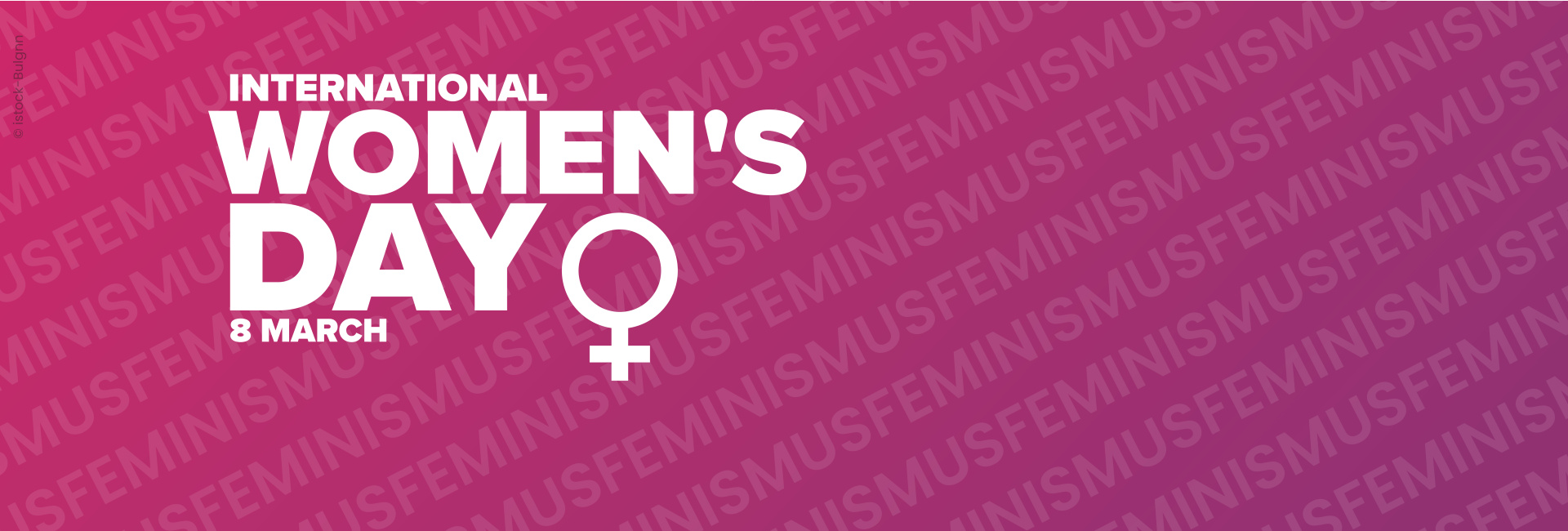Being a woman at Hereon
On International Women's Day, we want to take an in-depth look at six women who work at Hereon in a wide variety of positions. Six women who are going their own way. These are stories of people who have also had to endure headwinds. Because even though a lot has already been achieved and the Hereon is doing a lot for gender equality - even in 2024, female colleagues sometimes still have disadvantages because they are women.
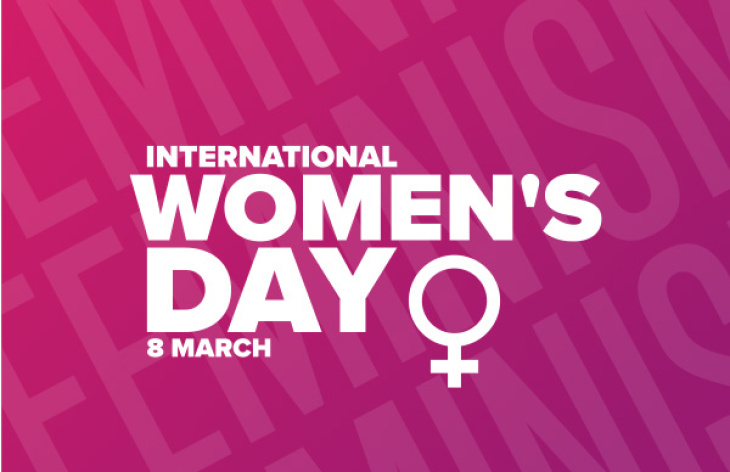
Today it's about how women make their way and pursue their careers, in science, but also in all other contexts. Because even if a lot has been achieved and fought for - there are still areas where gender equality needs to be improved.
And it is also evident at a research center: strong women and the appreciation of their achievements move society forward.
Francesca Toma, Teltow
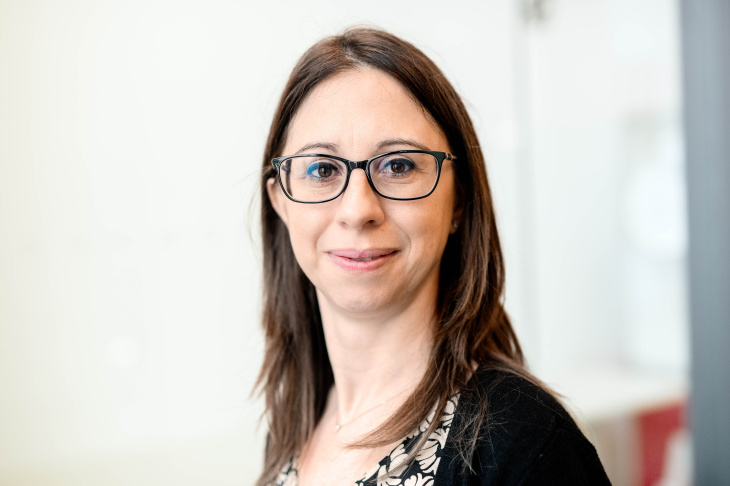
Francesca Toma / Copyright: Marcel Schwickerath
Two cell phones lie in front of her. Always striking a fine balance between professional and personal life, in a continuum. A meeting room at the Hereon site in Teltow. She is focused and engaged. Because she finds the topic so important.
Biophysicist Francesca Toma folds her hands as if in prayer when it comes to the first and perhaps most important question: has she herself ever felt disadvantaged because she is a woman? "Even today, women are still sometimes disadvantaged and excluded," she answers in general terms. As she has lived in Italy and the USA and is now based in Berlin, she can judge: It's a universal issue. Women in particular are affected by "microaggressions" more often – these are everyday comments, questions, verbal or non-verbal actions that mainly affect marginalized groups and reinforce negative stereotypes.
They are often nuances that reveal discrimination. One example: When the school or daycare center calls because something is wrong with her two daughters, three and seven years old - they always call the mother first. When applying for management positions as a woman, it is still almost always delicate to mention planning a pregnancy - which should no longer be an issue in 2024. Francesca Toma thought about whether she wanted to have children at all for precisely this reason - because she also wanted to have a career.
Furthermore, she repeatedly encounters men in meetings who take on board what she has said without clearly stating it. "That happens quite often. A woman says something, then a man repeats it later and pretends it's his thoughts." Even in her current position as head of the institute this happens - before that, her path had taken her all the way to Berkeley. She now consistently points this out: "Dear colleague! That's exactly what I just said." And something else annoys Francesca Toma: "I've had to listen to the phrase several times: You only got your job because you're a woman. It's easier for you. Yet, I certainly work twice as hard and twice as much as some men in comparable positions." It is not only important to make men aware of their needs and interests - Mrs. Toma and her husband divide their work and family duties equally - but women also need to motivate each other. Men often still see themselves in the role of provider. However, many no longer want this; they also want to have a family life.
"If you tell yourself, you can't do anything, you can't do anything. You have to turn the idea around." It is important that Hereon has a contact person, Elina Valli, for worries and bad experiences. Francesca Toma knows how to stand up for her rights.
Hanin Alkhamis, Teltow
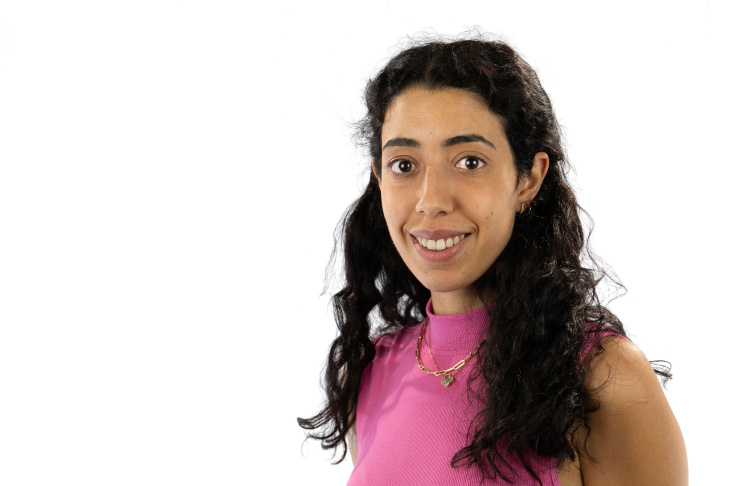
Hanin Alkhamis / private source
Downstairs in the adjacent building, you'll find Hanin Alkhamis, a warm-hearted personality with Palestinian-Jordanian roots. She earned her Bachelor’s degree in Biomedical Engineering from the German-Jordanian University and is now deeply engrossed in her PhD research, focusing on the development of polymers for medical applications. Not only is Hanin dedicated to her studies, but she also serves as a PhD representative at Hereon and acts as a spokesperson for the Helmholtz Juniors. Her infectious laughter is bound to bring a smile to your face; she possesses a delightful sense of humor that brightens any room.
Hanin, who aspires to pursue a career in research and teaching, has faced discouragement from people who often assert “women can’t do that”, both in her home country and also in Germany. “This prejudice against women is exacerbated by societal expectations surrounding family responsibilities, which unfairly disadvantage women regardless of their personal choices,” she claims. Even those who do not wish to have children or are capable of balancing motherhood with a career still are confronted with this stigma.
Carmen Wiechulla, Geesthacht
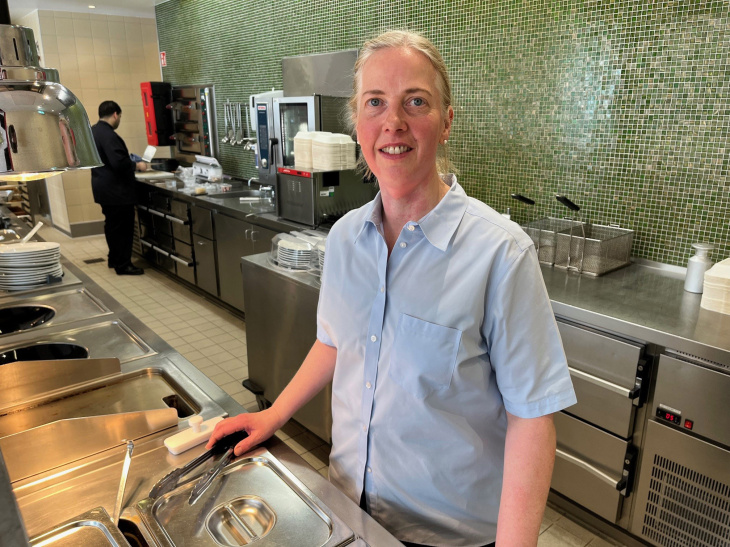
Carmen Wiechulla / Copyright: Christoph Wöhrle
While the coffee machine hisses like a cat, Carmen Wiechulla serves a latte macchiato, she explains that as head of catering for the external service provider and canteen operator, she has also had her fair share of experience with the world of men - including stupid remarks, but not in the Hereon canteen.
Many women's rights were fought for not so long ago, be it the right to vote or the abolition of the fact that women in Germany still had to obtain permission to work from their husbands for a long time. This is precisely why she encourages her own daughter to be independent and not rely on others. "That's what my parents told me. You have to be able to stand up for yourself," says Carmen Wiechulla. But that's not always easy. Women still earn less, find it harder to get into management positions and often take on housework and childcare alone. But Carmen Wiechulla is also combative: "I don't believe that what we have already achieved is in danger. We women are not going to have that taken away from us."
Jo-Ting Huang-Lachmann, Hamburg
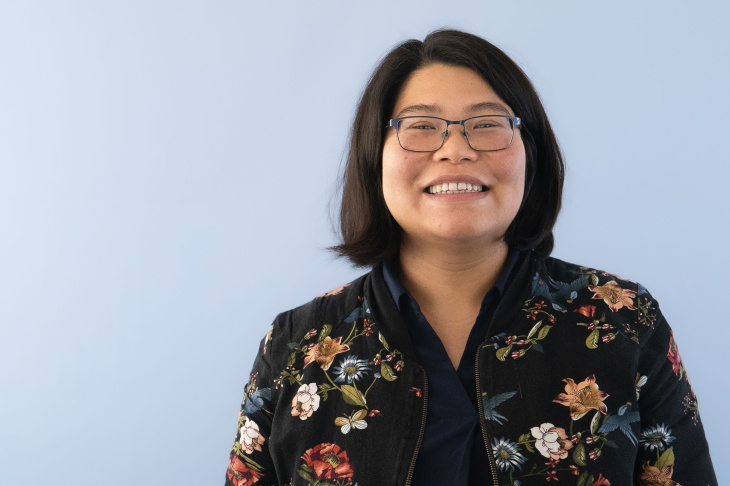
Jo-Ting Huang-Lachmann / Copyright: Steffen Niemann
At GERICS in Chilehaus, we meet with Jo-Ting Huang-Lachmann. Since October 2022, the climate researcher, originally from Taiwan, is leader of the interdisciplinary BMBF junior research group “Co-creating Climate Services for Care Economy and Caring Society” (CoCareSociety).
In December she became a mother for the second time, and she chose to return to work as soon as possible: "It's an insanely intense time. But I also enjoy having several roles and get a kick from doing this." She shares the care work with her husband. "He likes doing it, he supports the fact that my work and career are also important to me." And when nothing else works, friends, grandparents and neighbours help, for example when neither Jo-Ting Huang-Lachmann nor her husband can pick up their sick child from daycare.
“Flexibility and a variety of working formats like I experience them at GERICS are essential so that people can take up the role they wish, run both a family and a research group for example. Even though you might be first one on, don't be afraid. Keep trying, so more people dare to explore new possibilities."
Elina Valli, Geesthacht
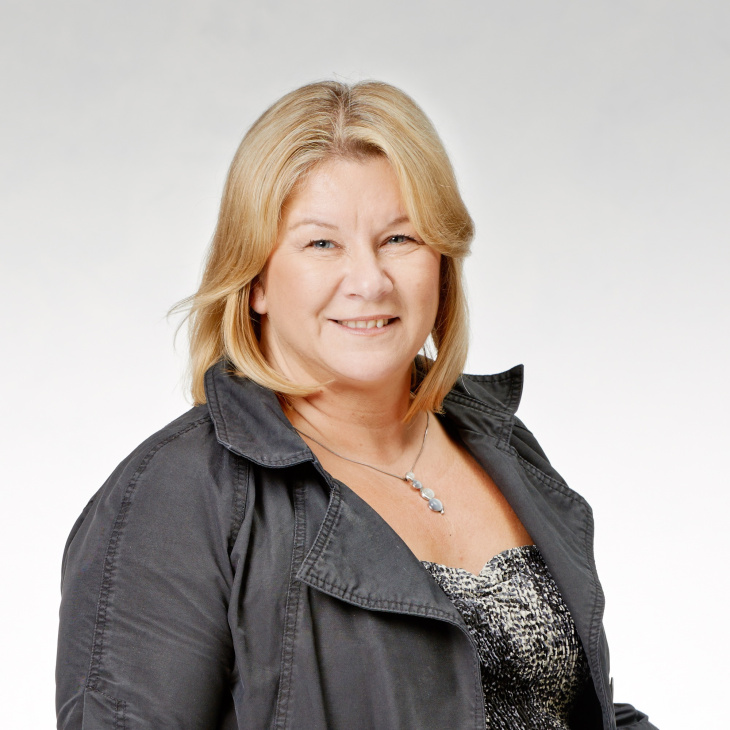
Elina Valli / Copyright: Christian Schmid
For Elina Valli, the Hereon's Equal Opportunities Officer, there still is a lot of work ahead - at the center in particular and in Germany in general. She has also been called a raven mother because she gave her one-year old child to a daycare center because she wanted to work full-time again. In her home country Finland, this is the rule, which is a benefit for both the child and the parents. Today it is more important than ever that men and women share the care work at home fairly. And with regard to the shortage of skilled workers: "Women need to move away from part-time to full-time employment. They should bear more financial responsibility, if only because of the threat of poverty in old age. This will also strengthen their role in shaping our society and give men the opportunity to be more of a father." It is also important to focus on promoting and recruiting women aged 45 and over. "This age group of women is particularly motivated, experienced and qualified to restart their careers after the family phase. However, this is not given enough consideration in Germany and is even discriminated against. Valuable potential is being lost!"
Elisabeth Gerndt, Geesthacht
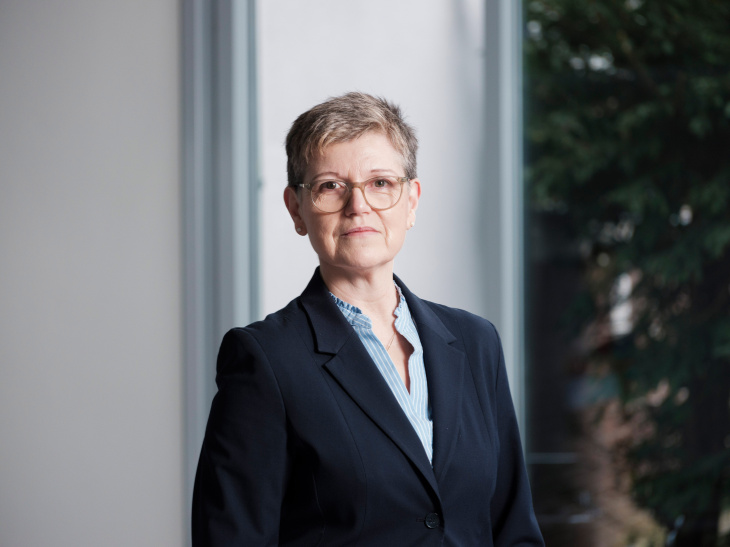
Elisabeth Gerndt / Copyright: Heinrich Holtgreve
Administrative Director Elisabeth Gerndt is also certain: men and women are not yet equals among equals. What she has experienced most in her career is contempt. "It works wonderfully without words and is subliminal. My reaction was and is: I see myself as an equal and I show it. I take an active stance and speak straightforwardly; that's probably why I've been given access to a leadership role." But how does she see Hereon? "We are not yet able to fully compensate for the social effects of a lack of equality. There is still a real to-do in management positions. However, some measures at Hereon have already been very successful, such as the daycare center at the Geesthacht campus with appropriate opening hours. Of course, we must also try to set up similarly good facilities at other locations."
The development of society in general is rather problematic: "We are currently facing huge changes all over the world: the revolution in energy production, the further development of global economic systems into sustainable circular economies, the incipient revolution in the world of work through AI technologies - this is also causing a redistribution of money and power. I would be delighted if it were possible to overcome the traditional unequal treatment of people. Unfortunately, history teaches us that weaker people are deliberately marginalized in these redistributions. Women's rights must therefore be protected and strengthened by all of us together - including men - especially at this time."
Because we can only do it together. And not just on International Women's Day.
Christoph Wöhrle
